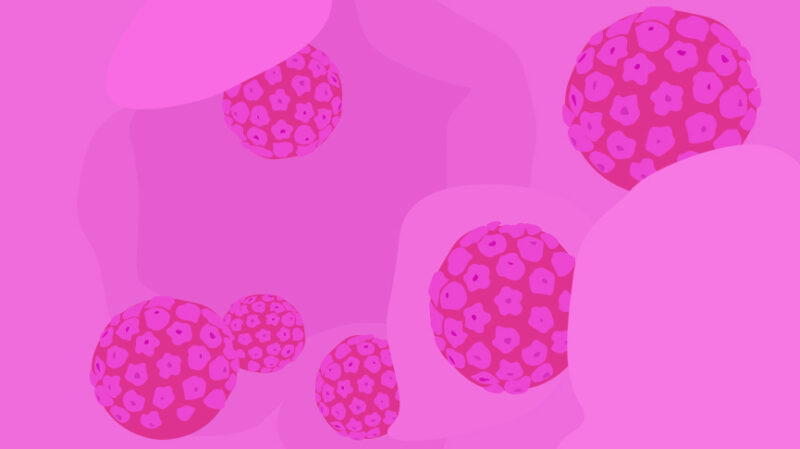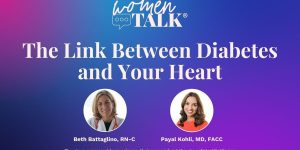What Is the HPV Vaccine Made Of?

The HPV vaccine is one step ahead of you, if you choose to get it before any sexual activity.
What it does is protect you against genital warts and cancers of the vagina, vulva, penis, and anus, as well as cancers of the mouth, throat, and neck caused by HPV.
How does it work? With the HPV vaccine, it gives your body time to build up immunity against some of the HPV strains so that, if you contract HPV, it’ll be easier for your body to clear it out.
A fun fact? HPV infections and HPV-causing cervical pre-cancerous cells have dropped since 2006 (the year the HPV vaccine became available) in the U.S.
- In teen girls, genital warts and cancer-causing HPV numbers dropped 88 percent.
- In young adult women, genital warts and cancer-causing HPV numbers dropped 81 percent.
But does that mean that only girls and women should get the HPV vaccine?
Who should get the HPV vaccine & when can you get it?
Many articles and information guides directly or indirectly talk about women when it comes to getting HPV or getting the HPV vaccine. But, as we said, HPV doesn’t discriminate.
Both boys, girls, men, and women can get and spread HPV. For that reason, it advised that all genders get an HPV vaccine, preferably in their pre-teen years.
The HPV vaccine is done in two doses, and the first dose can be administered from the age of 9, but is recommended from 11-12 years old.
The second dose is then taken 6-12 months after the first dose.
But, if an individual takes their first HPV on or after their 15th birthday, three doses are needed, given over 6 months.
And, for peace of mind, after 15 years of data it’s been proven that the HPV vaccination is safe and effective.
Having said that, one might ask: can adults get an HPV vaccine? It’s not really recommended for those who are older than 26. This is because, by that age, most individuals have already been exposed to HPV.
What types of HPV vaccines are there?
There are currently 6 licensed HPV vaccines available: three bivalent, two quadrivalent, and one nonavalent vaccine.
All six of these vaccines are highly efficient in preventing infection with virus types 16 and 18–which together are responsible for approximately 70 percent of cervical cancers globally.
Additionally, the quadrivalent HPV vaccine is highly efficient in preventing genital warts, which is almost always caused by virus types 6 and 11.
With this information, it’s obvious that getting the HPV vaccine at an early age (pre-teen) is advisable, as it could prevent life-changing and life-threatening conditions.
But, if you’re older than 26, the chances of your body having worked up immunity already are high.
We still recommend using measures during sexual activity to prevent HPV however, just to be safe.








